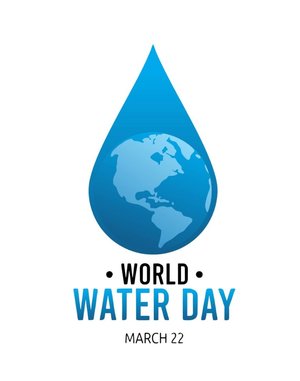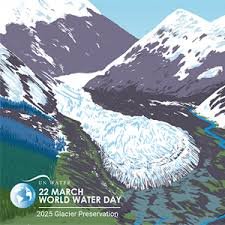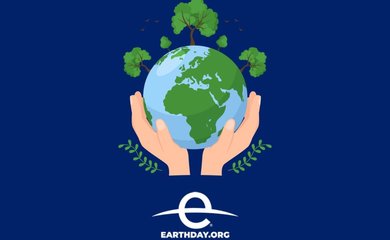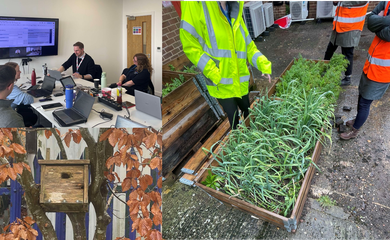Supporting Water Conservation
Water is a precious resource – with climate change, and global population growth, our water supply is becoming more unpredictable.

Did you know the average person uses approximately 140 liters of water daily, and current trends predict significant water deficits by the 2080s. Conserving water also saves energy used for water processing, reducing costs and our carbon footprint.
By reducing water usage we can reduce costs and reduce our carbon footprint as part of our Race to Zero commitments. Find our more on our Environment pages.
This World Water Day (22 March) we’re asking sites to consider what they can do to reduce water consumption, and adapt against water-related risks.
Every site plays a role in water resilience. By assessing risks, implementing savings, and preparing for emergencies, we can safeguard our operations and contribute to a sustainable future.
Please see resources which can support with this below:
Flood Risk: Enter the postcode of the site, and tick the box if the site is at medium risk or higher from any type of listed flooding.
Water Scarcity: Launch the tool and select 'Water Stress' only from the left column, tick the box if the region of the site is at high or extremely high risk.
Water Savings Guide: Use this guide to identify water savings initiatives in the workplace, and at home to reduce the risk of water scarcity.
If your site is at high risk of flooding, your team may want to revise and review existing flood emergency response plans, note down any valuable equipment or inventory to be secured and relocated in the event of a flood, and engage the site responsible person and Facilities Management with any ideas on how the site may be better protected.
What is Unipart doing?
In 2024, Unipart reduced its water consumption by 18%, and 6% compared to the baseline year of 2021, protecting the business against the risk of water scarcity.
Unipart’s emission reduction targets are also aligned with a 1.5°C global warming trajectory, limiting global warming to 1.5°C slows the rate of glacier melt and could save glaciers in two-thirds of World Heritage sites.
Every effort counts! Here’s a quick video on how to reduce consumption and enhance water resilience:
Glacier Preservation

In 2025, World Water Day focuses on glacier preservation.
Glaciers, essential for life, are melting at an alarming rate due to climate change. Melting glaciers drove a 21% sea level rise over the past two decades causing unpredictable water cycles and extreme weather events. If all of the world's glaciers and ice sheets melt it will rise global sea levels by 70 meters, this threatens devastation for billions who rely on meltwater, through floods, droughts, landslides and sea-level rise.
Find out more at : https://www.un.org/en/observances/water-day





0 comments have been posted.